Technology has changed the way that various industries operate, especially now that smart devices and the Internet of Things (IoT) are rapidly gaining ground. The travel and hospitality industry is also rapidly evolving thanks to the adoption of new technologies.
Here’s an overview of how tech is changing the way we travel:
Increasing the Safety, Efficiency and Reliability of Aircraft
Those who travel frequently will often report that they have wasted several hours as their flight was delayed due to their plane experiencing mechanical problems. While airplanes already have a wide range of sensors installed on their key systems and components, most of them aren’t connected to the Internet and their data can’t be accessed remotely.
The Internet of Things is changing that. Smart sensors are now being placed on various airplane parts, providing information about their status in real time. This can simplify maintenance operations, as crews will be alerted whenever a part needs to be replaced soon or is experiencing a fault condition. Smart sensors can also be deployed in a way that helps aircraft optimize their fuel consumption, thus reducing their operating costs and resulting in lower fares for all travelers.
While smart sensors are rapidly being deployed on airplanes, they can also be used in other vehicles. Ships, trains and buses can all use sensors that help with maintenance, thus keeping vehicles running longer without experiencing problems.
Preventing Lost Luggage
One unfortunate reality of flying is that checked baggage sometimes goes missing. According to a report from the Seattle Times, airlines can lose up to $1,742 on international flights and $3,300 on domestic ones every time that a passenger’s luggage goes missing.
IoT technology makes tracking individual baggage items a lot easier. Beacons can be deployed that work together with an airport’s wireless information, providing live updates on the status of each bag, from the moment that it’s taken at check-in to reaching the plane’s cargo hold. RFID tags can be easily applied to baggage, allowing airlines and passengers to know where every item is.
Once this technology gains widespread use in all airports of the world, incidents of lost baggage are expected to be greatly reduced, as any item that has been misplaced can be easily found and brought back to the proper location.
Reducing Flight Delays Caused by Weather Conditions
There are over a million flight delays each year, resulting in a total of 64 million additional wait times for passengers. A large number of these delays were caused by weather conditions.
While it’s not possible to control the weather, having the right information about it can often prevent flight delays and disruptions. With smart sensors, airports are able to monitor weather conditions by putting beacons on each runway. Having runway-specific information is very useful during times when flash floods can unexpectedly appear or during the winter when snow and ice are a concern.
As airports deploy beacons that monitor runway conditions and connect to a centralized network, they can make better decisions on which runways to use without having to ground all activity.
Providing Better Customer Service
In the travel industry, providing quality customer service is the key to ensuring customer satisfaction and loyalty. IoT can help businesses in the travel industry serve customers better by providing decision makers with important data whenever they need it.
Technology can also be used to proactively reach out to customers in order to gauge how they feel about a particular service and quickly solve any problems before they escalate into situations that result in serious customer dissatisfaction. Simply having a mobile app with a function that allows customers to provide feedback or get in touch with customer support can do wonders to increase overall customer satisfaction in the travel industry.
Allowing Travelers to Take Part in Highly Immersive Virtual Tours
Augmented reality (AR) and virtual reality (VR) technologies are rapidly growing in popularity among consumers. They can be very useful in the travel industry, as they can let a potential customer explore a destination before they get there.
Virtual tours of properties, such as resorts and hotels can be created. Travel agents can use them to show the main selling points of each property. Virtual tours can also make it easier for travelers to choose their next destination, as they can explore historical landmarks and see how an area looks like before even getting there.
AR and VR technology provides a far more immersive and interactive experience than simple photos and videos. This is why many travel agents are now looking for ways to deploy it in the near future.
Technology, especially IoT devices, is rapidly changing the way many industries operate. This is especially true of the travel sector. Smart technology offers various ways to make traveling more pleasant, convenient and affordable. As the use of IoT technology grows everywhere, many players in the travel industry, like hotels, airlines and travel agents, are expected to adopt it in some form.
Author bio
Jasmine Williams covers the good and the bad of today’s business and marketing. She was rummaging through her grandma’s clothes before it was cool and she’s usually hunched over a book or dancing in the kitchen, trying hard to maintain rhythm, but delivering some fine cooking (her family says so). Tweet her @JazzyWilliams88
The post How Tech is Changing the Way We Travel appeared first on YourAmazingPlaces.com.

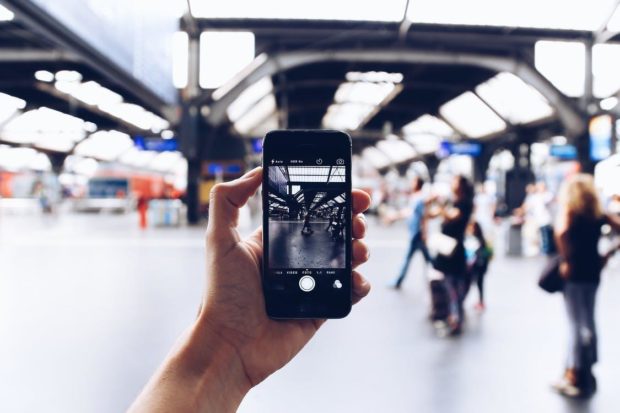
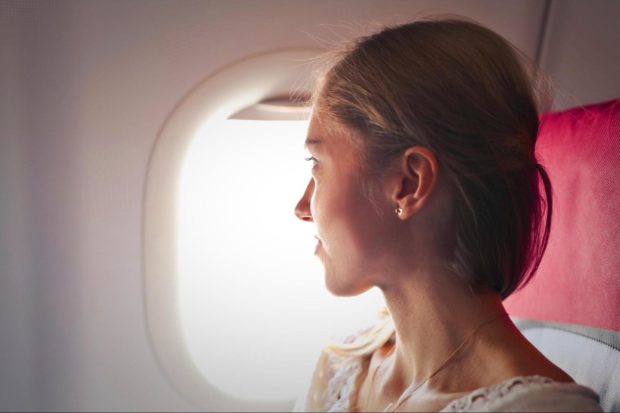

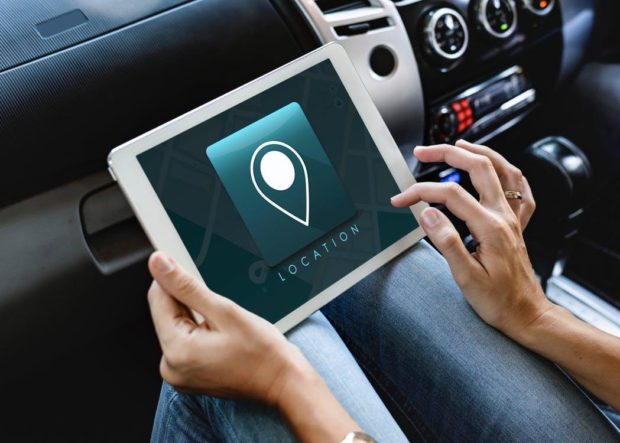
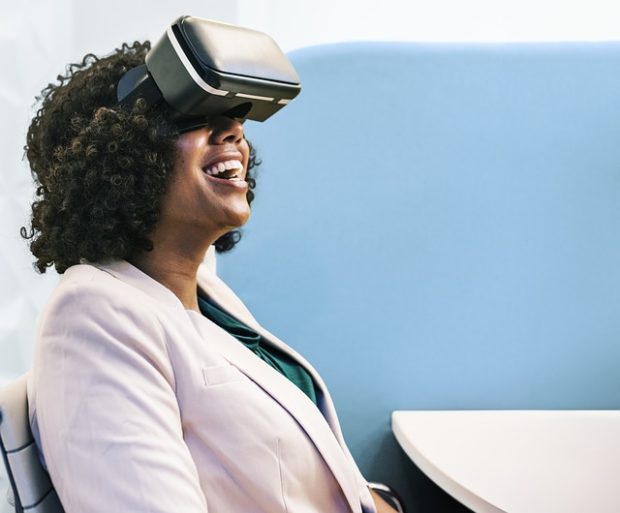
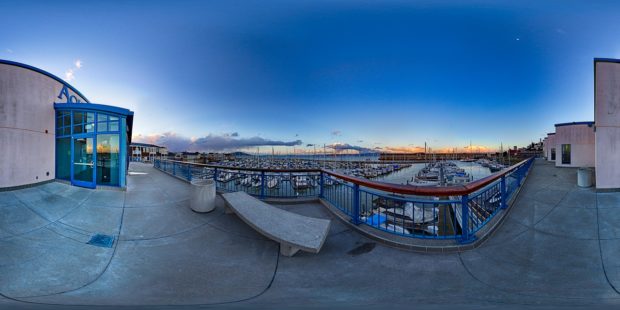

No comments:
Post a Comment